From the Seat of Maratha Power to a Modern Metropolis
Pune, often called the “Queen of the Deccan,” is a city that seamlessly blends its rich historical heritage with its modern-day achievements. Situated in west-central Maharashtra at the confluence of the Mula and Mutha rivers, Pune holds a significant place in both ancient and contemporary Indian history.This vibrant city, which once served as the capital of the Bhonsle Marathas in the 17th century, has evolved into a significant educational, industrial, and IT hub in India. Known by many monikers, Pune’s journey from an ancient stronghold to a modern metropolis is a testament to its enduring significance.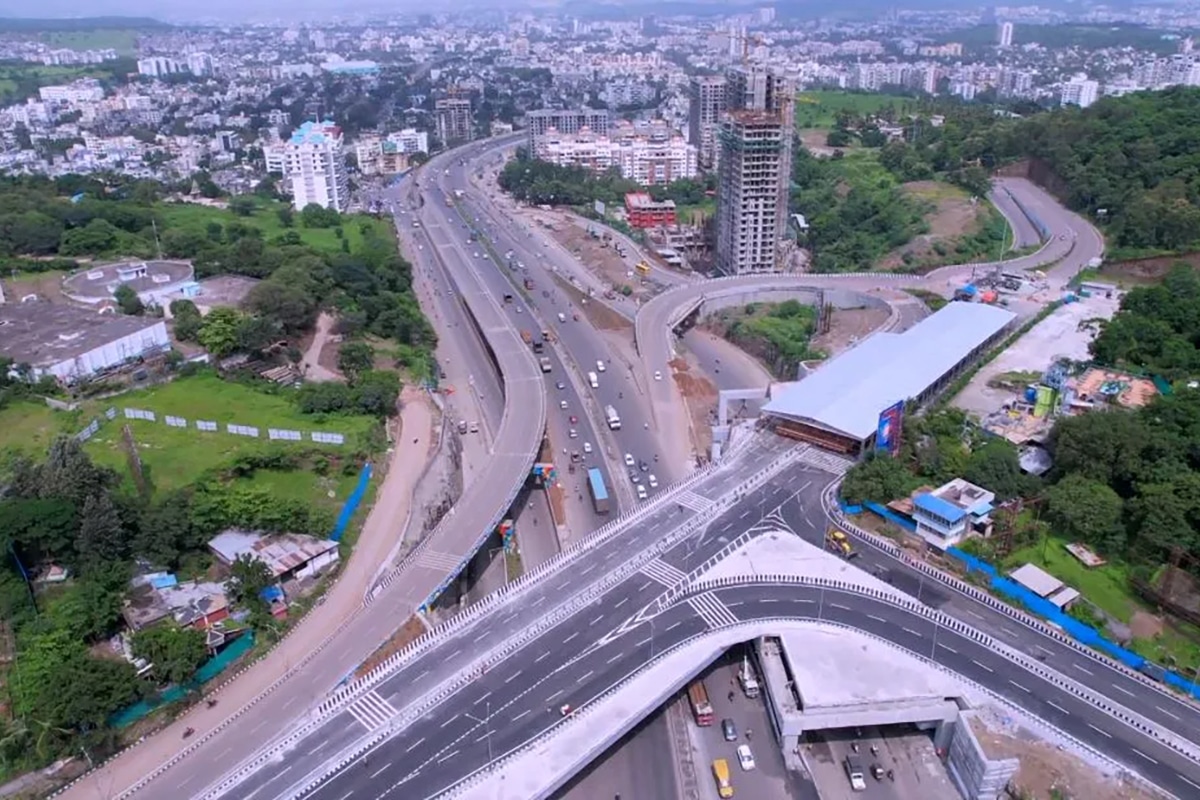
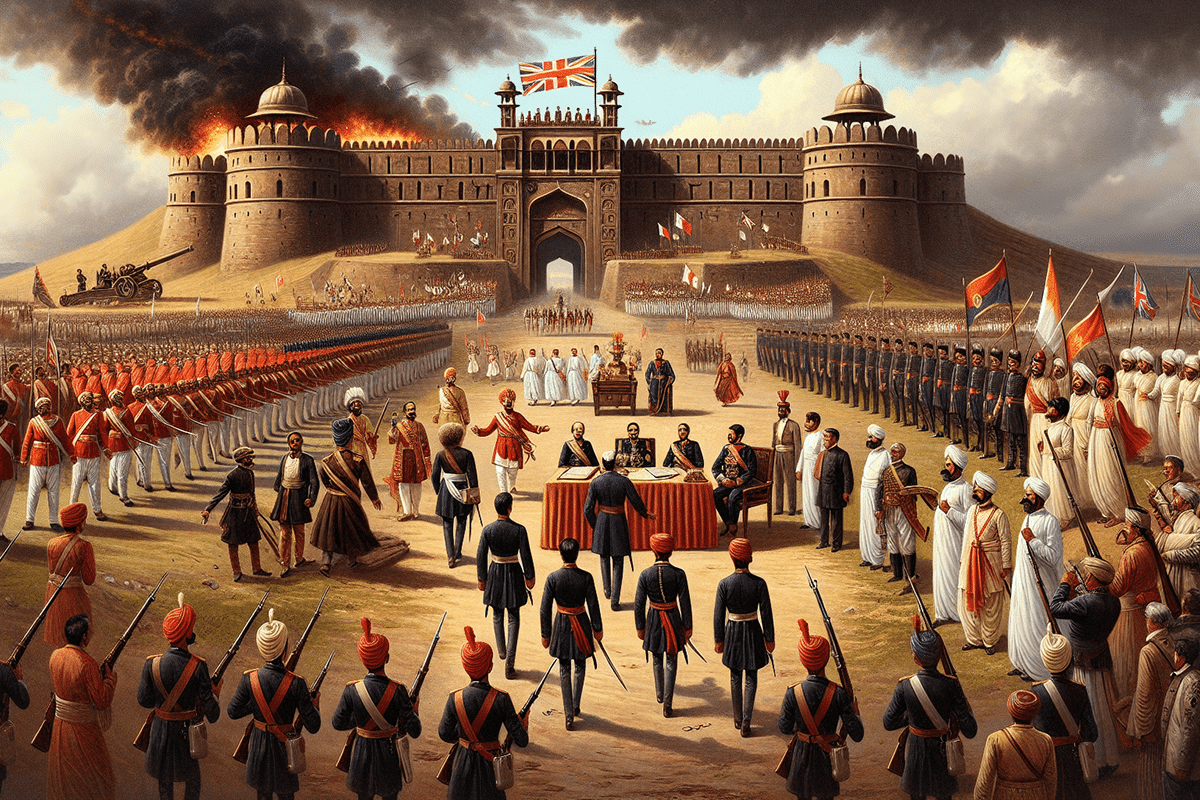
Historical Legacy: The Maratha Stronghold
Pune’s Rise as an IT Hub and Startup Ecosystem
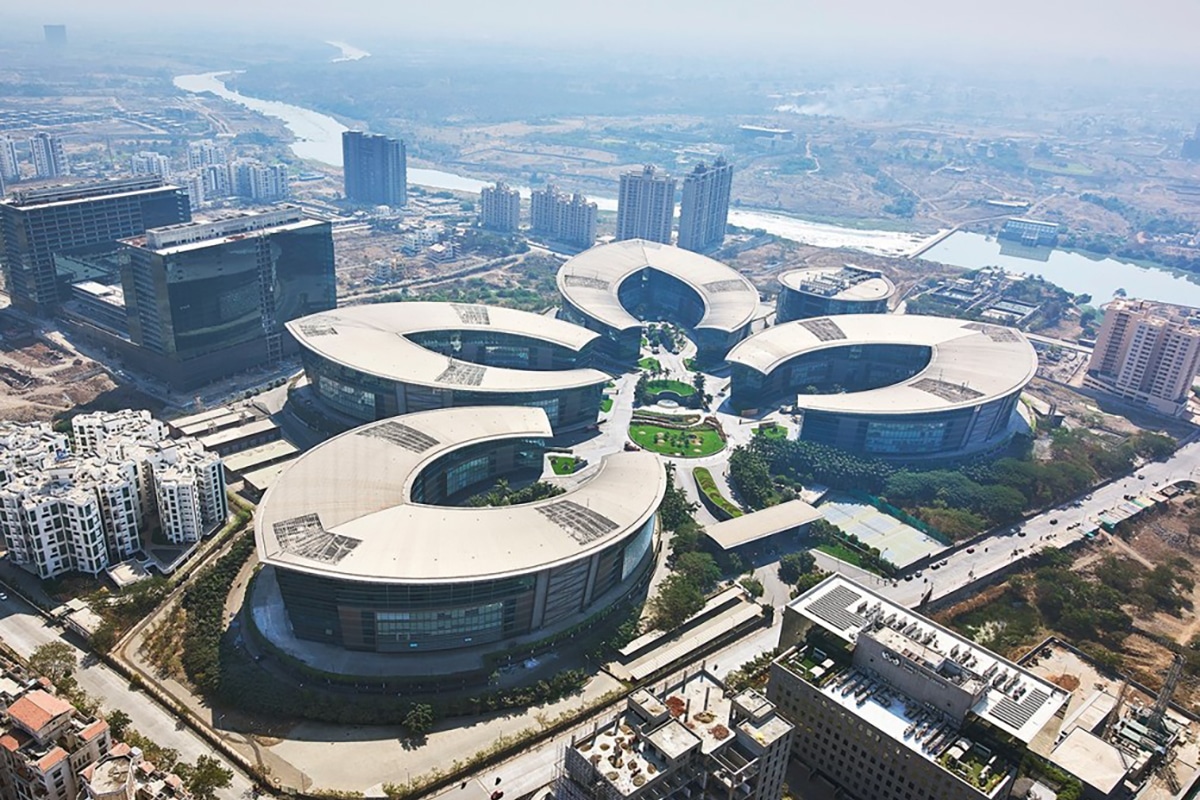
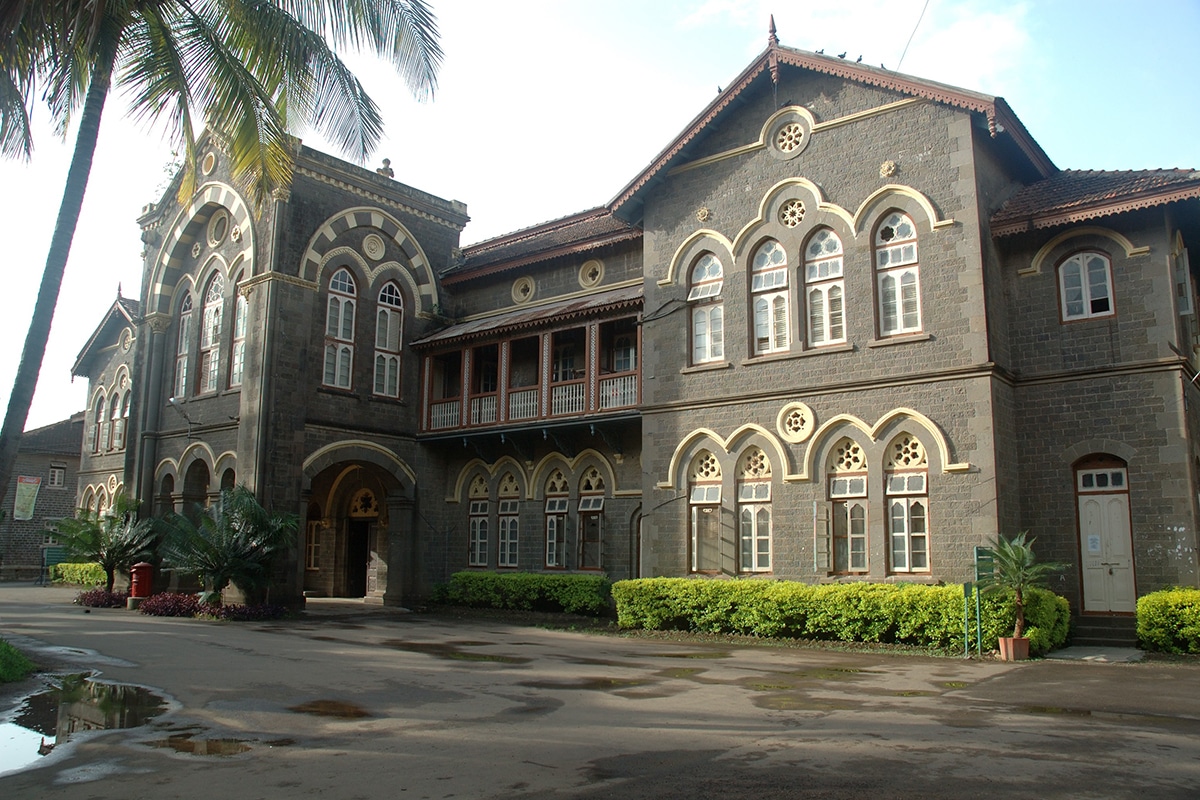
The Oxford of the East
A City Where Tradition Meets Modernity
Ganpati Festival: This ten-day event transforms Pune with elaborate decorations and vibrant processions, celebrating Lord Ganesh with music, dance, and communal joy, culminating in the grand Ganpati Visarjan. The city’s streets come alive, echoing with chants & rhythms that resonate with both the young & the old, drawing thousands to partake in the festivities.
Classical Music: Pune’s deep-rooted classical music scene shines at numerous festivals, notably the Sawai Gandharva Bhimsen Festival, where performances by music veterans and newcomers alike showcase the city’s musical heritage.
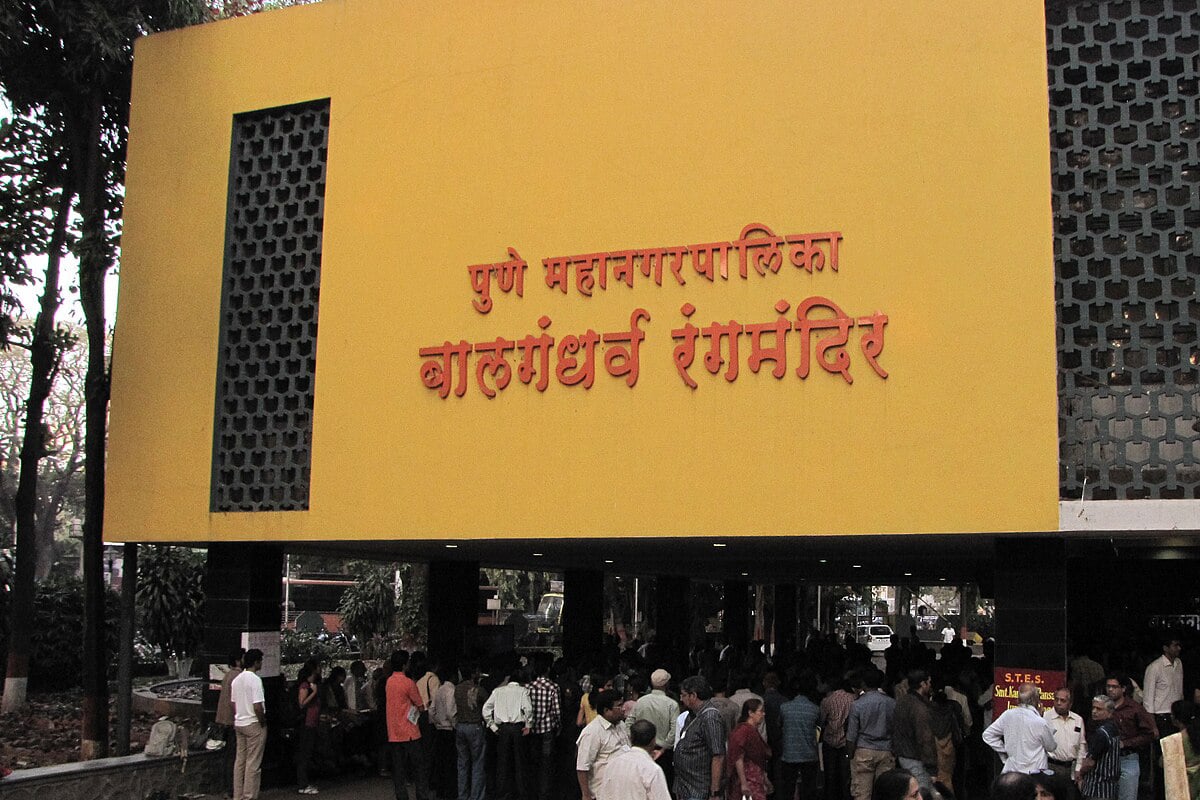
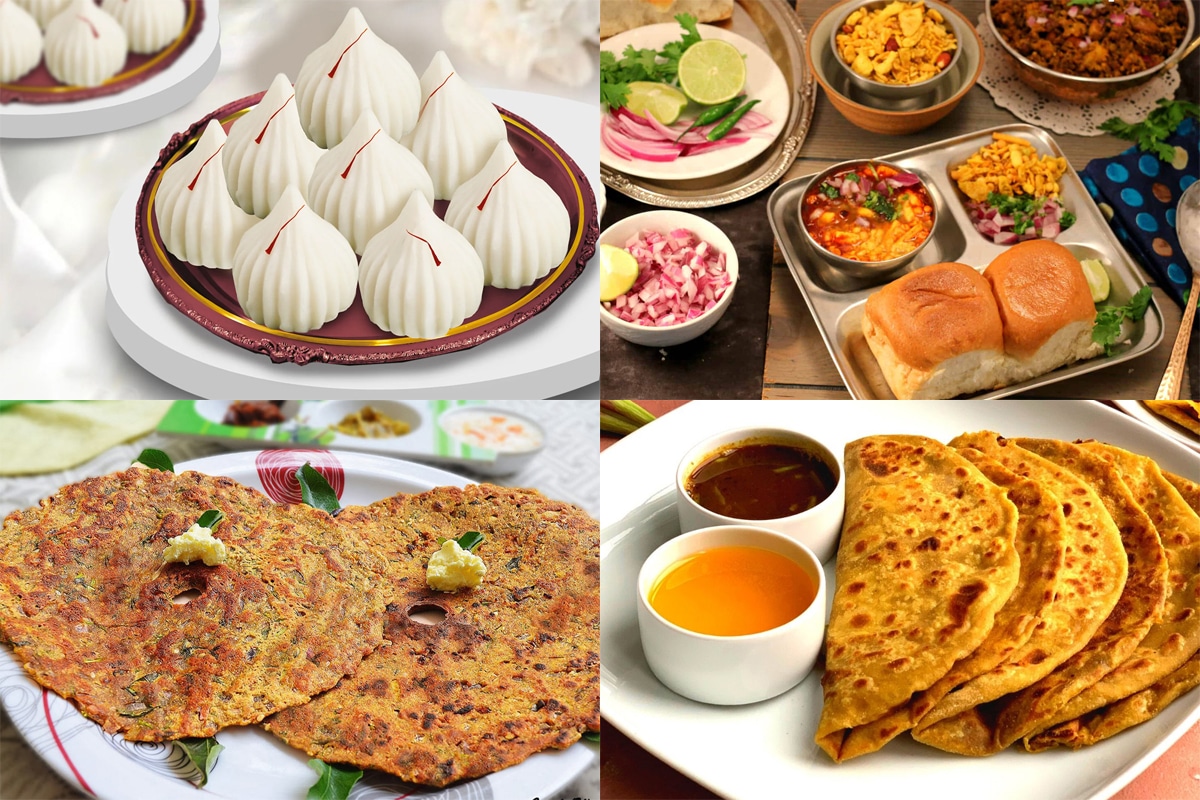
Popular Food Choices
As the historical hub of the Peshwas, Pune takes pride in preserving its authentic culinary traditions. A typical Pune meal features traditional dishes like sweet Puran Poli, Modak, Shrewsberry biscuits, spiced Amti, hearty Pithla Bhakri, comforting Varan Bhat, spiced Matki Ki Usal, flavorful Thalipeeth, and Alu chi Vadi. Pune’s snack culture shines with treats like spicy Bakar Vadi and the iconic Misal Pav. For those with a sweet tooth, Pune offers the rich Shrikhand and the seasonal delight of Amras Puri. These dishes together showcase the depth and variety of Pune’s vibrant culinary heritage.
The city’s culinary landscape seamlessly marries tradition with modern influences, offering a rich gastronomic experience. Whether enjoyed at home or in Pune’s historic eateries, each dish reflects the city’s flavorful legacy.